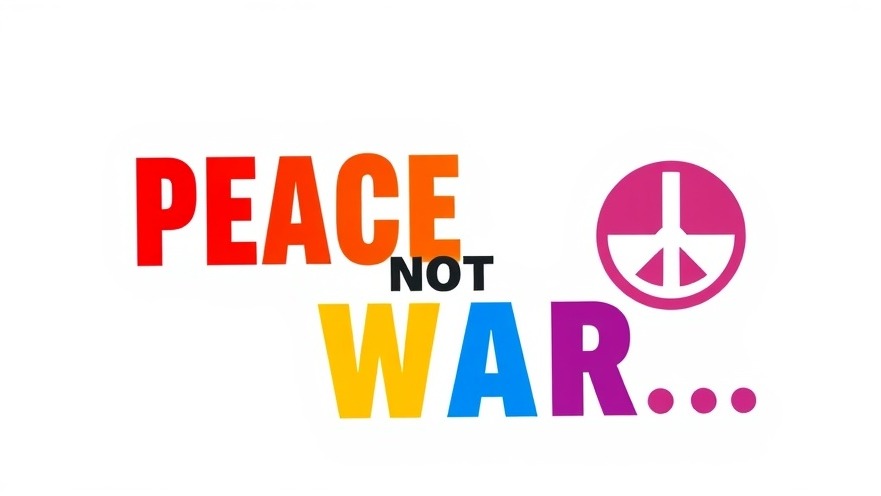
Children in Gaza: The Unfolding Humanitarian Crisis
The situation in Gaza City is deteriorating rapidly, with over 450,000 children facing dire threats from ongoing military operations. According to Edouard Beigbeder, the UNICEF Regional Director for the Middle East and North Africa, children are on the brink of survival as violence and famine take hold. Amid the devastation, the need for immediate humanitarian assistance is paramount.
Understanding the Scale of the Tragedy
The plight of children in Gaza is particularly heartbreaking. In the past two months alone, over 10,000 children have been diagnosed with acute malnutrition, while 2,400 are currently undergoing treatment for severe conditions. As hospitals struggle with the influx of critically injured young patients, the healthcare system is on the verge of collapse. The stories of children like Wesam, a three-year-old who lost her entire family in an airstrike, are emblematic of the broader tragedy in the region.
Immediate Action Required: Calls from UNICEF
UNICEF's statement emphasizes the urgent need for a ceasefire and safe humanitarian access to Gaza. It calls for the protection of civilians, especially children, highlighting international law that mandates safeguarding vulnerable populations during conflicts. This dire situation not only affects immediate humanitarian needs but has long-term implications for regional stability and the global community’s moral responsibility.
International Obligation: A Call for Global Leadership
The implications of the ongoing violence extend beyond borders, forcing business leaders and policymakers to reconsider the geopolitical landscape of the Middle East and Africa. As various countries grapple with emerging humanitarian crises, understanding the balance of power and international response will shape Africa's role in global governance and the economy.
Future Perspectives: A Collective Approach Towards Peace
The international community must unify and push for sustainable solutions in Africa and the Middle East. Understanding the interconnectedness of geopolitical issues will be vital in developing future strategies for diplomacy and humanitarian relief.
In light of the escalating crisis in Gaza, business leaders, policymakers, and academics must engage in informed dialogues about Africa's role in the global economy and human rights. A multi-faceted approach to addressing these humanitarian issues could reshape diplomatic relations and trade policies, ultimately benefiting the future of African governance and societal welfare.
 Add Row
Add Row  Add
Add 


Write A Comment